THE POWER OF NARRATIVE
Language is what separates humans from the rest of our planet’s animal species. To formulate and communicate using words gave birth to the phenomenon of story. Stories have the power to evoke imagery, emotions, rekindle memory, and inspire. Stories do much more than entertain, they also teach and enlighten the recipient, that is so long as the recipient is open and willing to hear and understand the story being told.
How many times have a group of people listened simultaneously to the same story and have walked away with a completely different interpretation of what was heard? I recall with delight a children’s game called “telephone” where a message is repeatedly whispered from person to person. The last person would have to say out loud what was whispered. This usually resulted in uproarious laughter because the final outcome was completely different from what was originally said. The power of the narrative and it’s appropriate interpretation is crucial in the arena of health care. The misinterpretation of patient history can produce unexpected and at times tragic outcomes. Poor history taking can lead to an incomplete assessment or inaccurate diagnosis and clinical plan. Nurses are keen observers and by far, very proficient in using the power of narrative in advocacy and assessment of their patients. However, personal/cultural bias, be it conscious or unconscious, time and resource constraints can obscure the interpretation of the narrative and lead to taking the incorrect clinical pathway. Despite best intentions, all nurses at times have found themselves guilty of this.
I had the amazing privilege of being a nurse practitioner working for the US Peace Corps in support of medical personnel stationed abroad, often located in very remote parts the world. The majority of my tasks involved the triage and consultation of incoming calls about Peace Corps volunteers who were seriously ill or injured. It was my job to find ways to best treat the PCV in their host country or to Medevac them out for more advanced care. I worked with an amazing team of foreign nurses and doctors with varying degrees of medical/clinical training who were doing their very best with what resources were available. English was not the first language for many of these clinicians, making the challenge of getting the right context of the narrative that much more important. Working across cultures, being cognizant of nuances and contrasts in meaning and intent was key. Listening was key. The ability to listen and clarify paramount.
So here are two funny stories told to me during my PC tenure.

Story #1 One of my colleagues was heading up a clean drinking water project amongst a nomadic people in the sub Saharan desert. These were an ancient people traveling in small bands moving from place to place with all of their worldly possessions. One of their dietary staples were flying locusts that conveniently flew into their mouths, sacrificially offering themselves up as a daily protein snack. Access to water was a constant issue for this population who were very adept in finding it, albeit not always the healthiest source. It was the mission of my very altruistic and well meaning colleague to develop a portable filtration system allowing for the consumption of cleaner, safer water. After almost 2 years of very hard work, the unveiling and presentation of this new system was at hand. When the day arrived, my colleague turned murky brown water crystal clear and prepared samples for the nomads to try. Much to her dismay, this “miraculous” transformation was was met with puzzlement and horror on the faces of her project recipients. Most of the nomads outright refused to drink the “purified” liquid, while some politely sipped then immediately spat it out, others exclaimed their skepticism. To paraphrase: “How could this be water? It has no color, no taste, no smell!” Much to the disappointment of all parties involved, this 2 year project simultaneously succeeded and failed. It succeeded in providing a working filtration system, but failed miserably in never being adopted and implemented by those intended to use it.

Story #2:
Another clean water project: This time, in a poor village where preventing diarrheal illness from contaminated water was the end goal. The daily task of walking several miles every morning to collect heavy vessels of water for drinking, cooking, cleaning and bathing was often the chore for women or girls. To the outsider, alleviating one of many arduous tasks women perform would seem a noble and beneficent act. To reduce morbidity/mortality from diarrheal illness: a
disease prevention victory. A water pump was installed within the village compound making clean water conveniently accessible and reduced the incidence of water borne diarrheal illness. However, it appeared that no one asked the primary stakeholders, the women, what they thought of this project. Their story, their narrative had been omitted from the process. Compliance in using this new convenience was resented by the women. When the women were finally asked why they were not pleased with their new “appliance”, they disclosed that one of their most treasured rituals had been taken from them: The daily opportunity to gather in the quiet of each morning with their fellow women; to walk together and share openly with each other out of the earshot of the men who controlled so much of their existence. For these women, although the task of fetching water was difficult, the reward of forging deep connections meant more. To be certain, none of these women wanted the continued suffering of their fellow villagers from illness, but the location of this pump was a major intrusion.
The nursing process is the gold standard for nursing scientific method …….the importance to assess, plan, implement or intervene, then evaluate is a dynamic process, which takes into account the whole person as part of a biopsychosocial system that is ever changing. Nurses have led the way towards what we now refer to as evidence based practice. It was Florence Nightingale that demonstrated how hand washing was key to reducing infections.
Listening to the right stakeholders, learning so as to forge the most effective and beneficial clinical interventions for specific, mutual clinical outcomes yields high probability that the outcome will be long lasting. It ensures that precious resources are not redundantly utilized to solve the same issue. The NI motto of listen, learn, serve and share encompasses the successful harnessing of narrative-
that uniquely powerful gift of language. The gift of the human story.
Janet Shiffer RN, FNP
Author
Share this post
Nurses International is a non-profit entirely focused on helping nurses obtain the education and the support they need to make a difference in developing nations worldwide.
We connect colleges and institutions with experts who can take their nursing programs to the next level. We help establish new nursing programs where they’re needed most. And we eliminate the barriers that stand between students and education.
QUICK LINKS
CONTACT US
FOLLOW US
EIN: 46-4502500